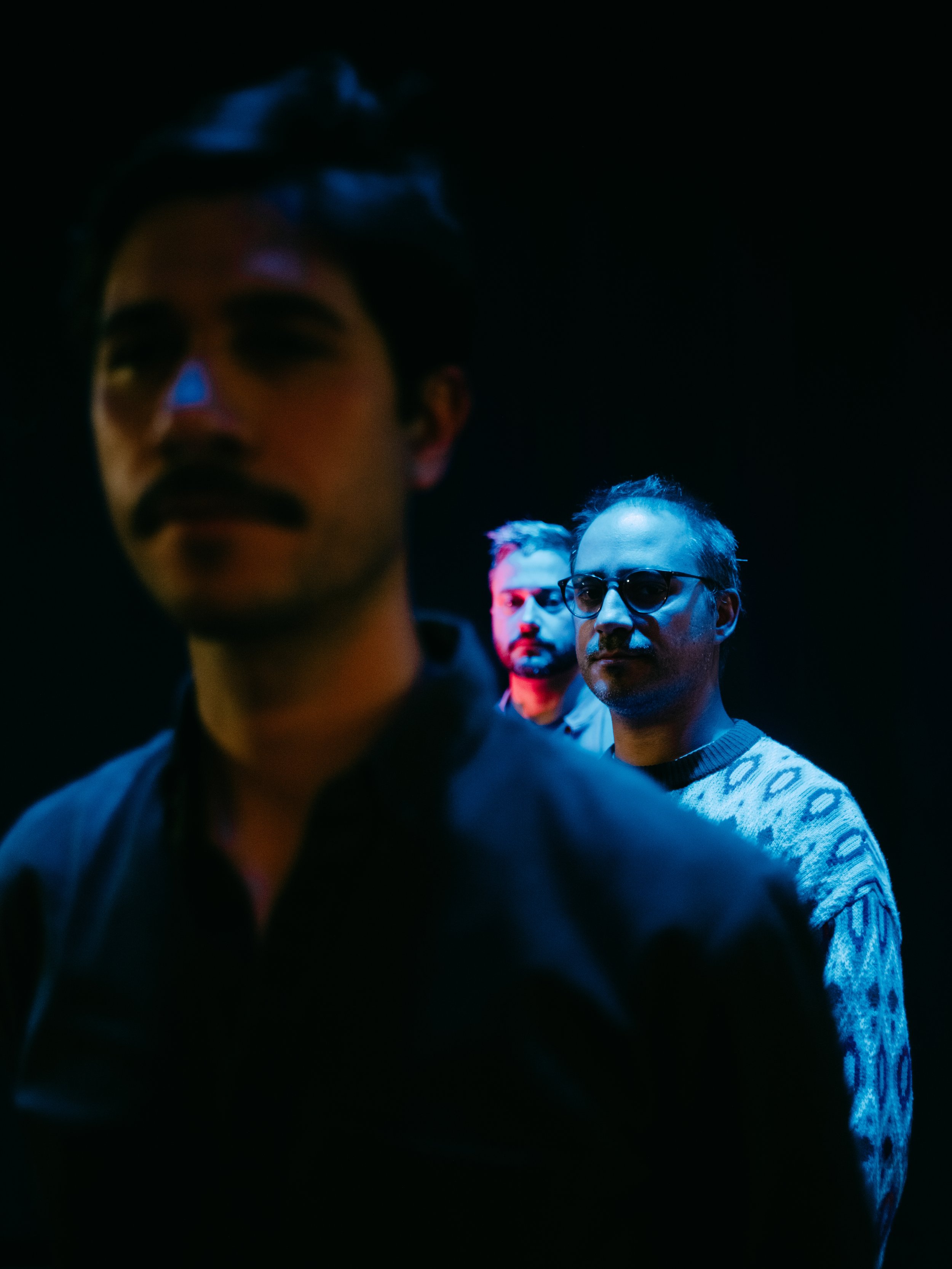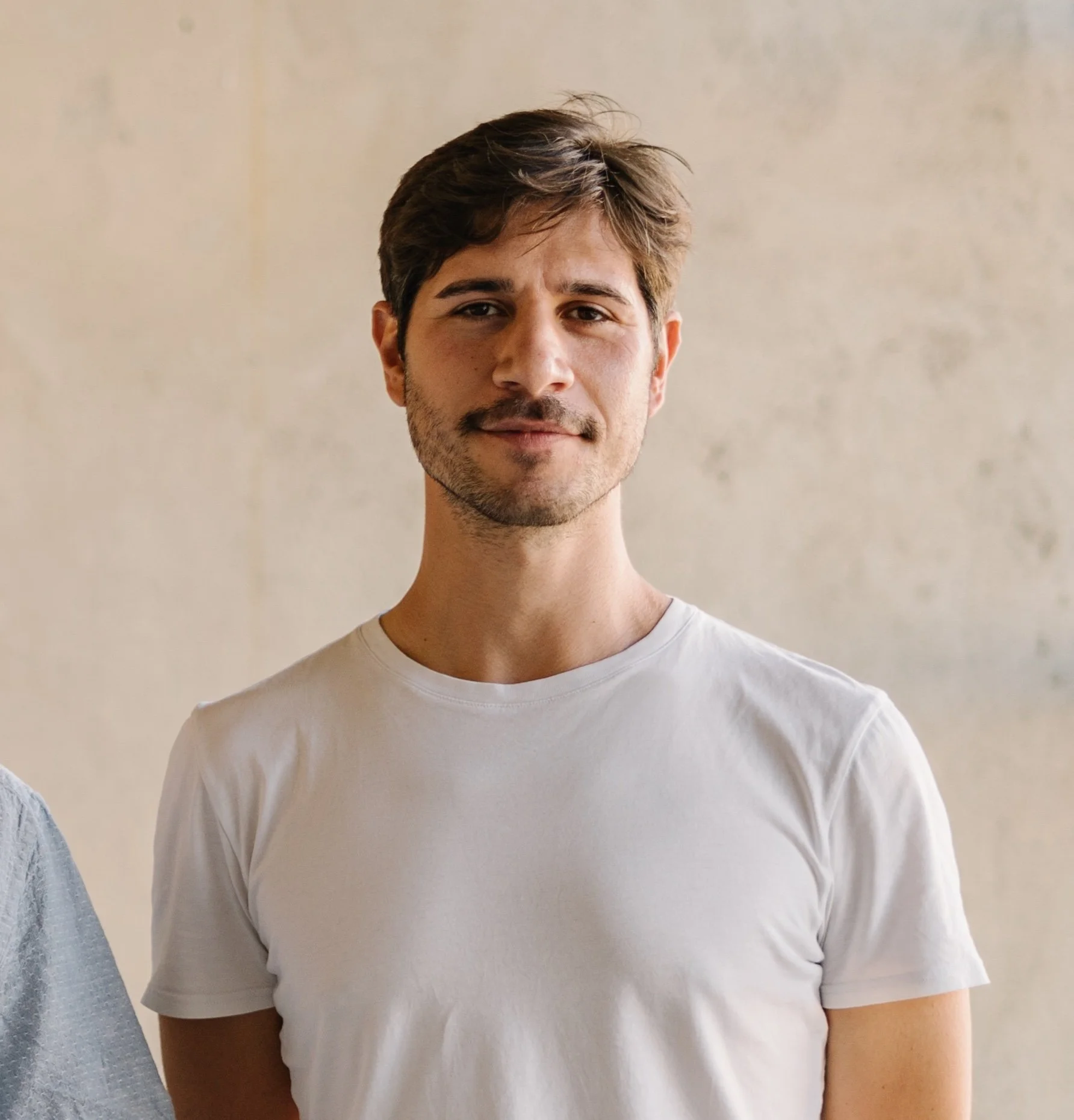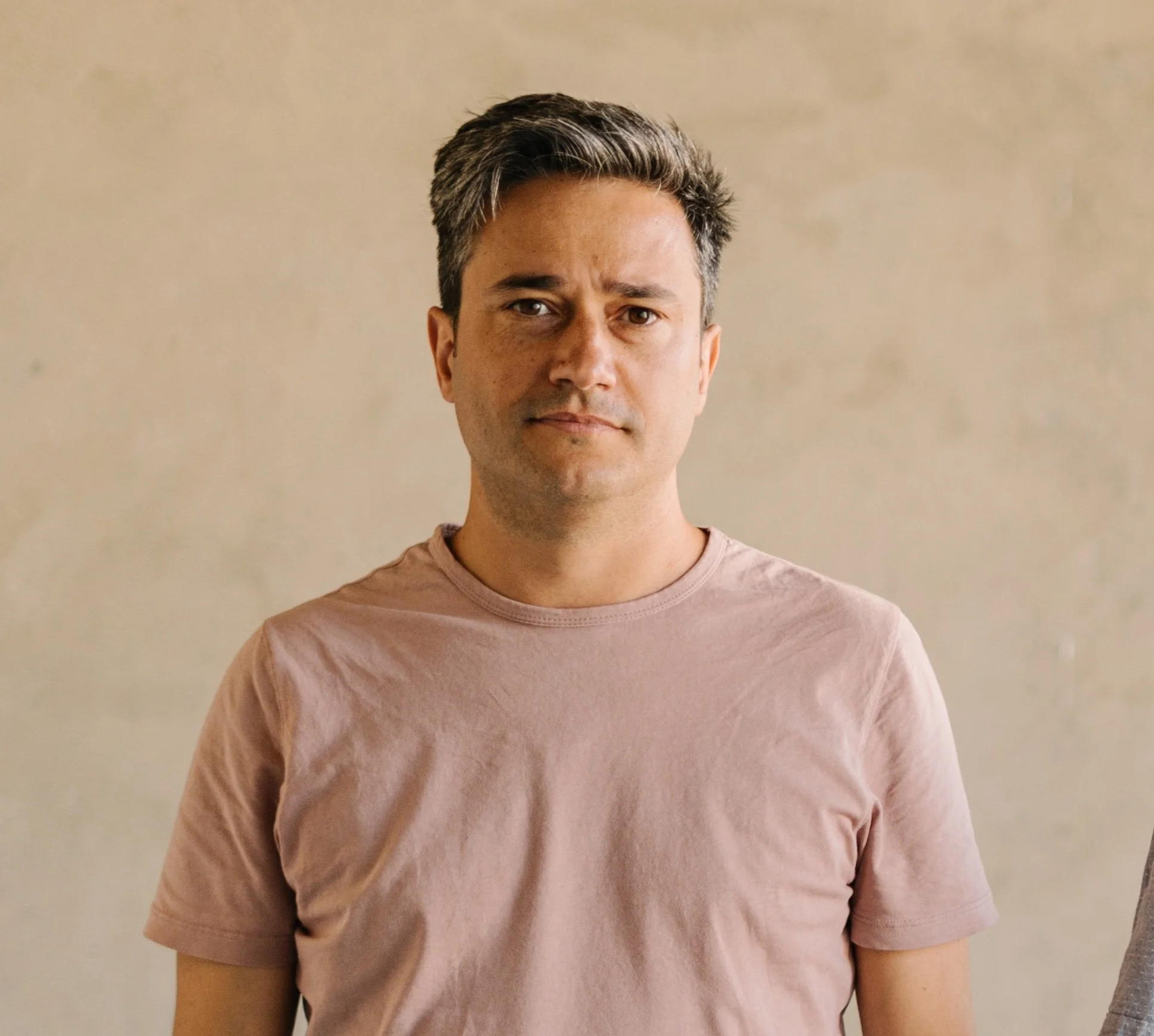
Lost in Translation
“Untranslatable words, an inexhaustible source of inspiration that embodies the sequel to my trio’s first album”. This is how bassist and composer André Carvalho defines his new album “Lost in Translation - Vol. II” After the very well received “Lost in Translation”, André Carvalho continues his journey through the world of untranslatable words with a sequel.
Carvalho states that “you’ve certainly come across concepts for which we don't have a word in our language. This does not mean that it does not exist in another language and that another culture has created a term for such a concept. Learning such words can be a way for us to be able to express ourselves better, see the world through the eyes of others and have a greater awareness of the outside and inner world”. According to the bassist and composer, his fascination for untranslatable words started as a mere curiosity, but quickly became something compelling and, therefore, it made perfect sense to continue the project.
In this sequel, Carvalho reunites the trio formed by saxophonist José Soares and guitarist André Matos, his usual collaborators. Elected “Editor of 2022”, the Portuguese label Clean Feed Records released “Lost in Translation - Vol. II" in March 31, 2023. Described by Carvalho as a “contemplative, intimate and at the same time rough album”, this new volume will have seven compositions by its leader and one by André Matos, where improvisation, spontaneity and timbre-textural exploration are at the center of the trios’ sound.
Returning to the idea that learning untranslatable words can be a bridge between cultures, the new album will include compositions inspired by words from languages such as Farsi, Hausa or Finnish.
When talking about “Lost in Translation”, André mentions an iconic quote by Wittgenstein: “the limits of my language mean the limits of my world”. André says he really believes in this and that for him, when we learn new words, our conscience becomes more sensitive to others, we become more empathetic and our world becomes richer.
Listen here to “LOST IN TRANSLATION - VOL. II”
The new album is out on Clean Feed Records and has the support of Antena2, Companhia de Actores and Teatro Municipal Amélia Rey Colaço.
Want to see us? Check our calendar, we might be close to you!
“Gökotta”
Inspired by “Gökotta”, Swedish for waking up early in the morning with the purpose of going outside to hear the first bird sing, this composition is part of “Lost in Translation - Vol. II”.
Director - Pedro Caldeira; Director of Photography - João Hasselberg; Drone Supervisor - Martim Torres; Sound Engineer - Tiago de Sousa.
"Gökotta" was composed by André Carvalho. SPA all rights reserved.
“Uitwaaein”
Inspired by “Uitwaaien”, Dutch for going out for a walk or to the countryside to clear one's mind, this composition is part of “Lost in Translation”
Director - Pedro Caldeira; Camera assistant - Luís Almeida; Sound Engineer - Tiago de Sousa. Filmed at Teatro Municipal Amélia Rey Colaço.
"Uitwaaein" was composed by André Carvalho. SPA all rights reserved.
More on Lost in Translation…
Humanity is creating a more and more interconnected world. In less than 50 years, we have developed new forms of communication, not only much faster and more accessible, but also with an increased capacity of conveying what we want to express and say. Apparently, the space for misunderstanding should be smaller. However, there are still moments when we are unable to express exactly what we want, lacking words that serve the purpose. These would be extremely precious for the clarity of our speech.
If it is a fact that there is, and probably always will be, a gap between meaning and interpretation, emotion and intention, it is also true that by expanding our lexicon, we automatically increase our expression capacity. However, if there is no such word in our language, it does not mean that there isn’t in another.
This is how the so-called untranslatable words entered my world and inspired me to write a new cycle of compositions titled “Lost in Translation”. These words can be the solution to things we have always thought, but never knew how to name them. Or, they can even mean something we never thought of, opening up our mind for new perspectives and cultivating the imagination.
Words are without any doubt a tool and, like any tool, they are born after a certain need. That’s why it is so curious to notice that a given culture doesn’t have a word for a certain idea / object / action even if this is present in their lives. At the same time, another culture felt the need to create their own word. It is also extremely curious and sometimes hilarious to observe that some of these untranslatable words are occasionally associated with the lifestyle, the geographical location or even the philosophy of a particular culture. A great example is Karelu, a Tulu word that means the mark left on the skin by wearing something tight.
It’s unquestionable that music is a language and curiously an universal one. From the most remote tribes of Papua New Guinea to the cosmopolitan and avant-garde movements of large cities, music serves as a "vehicle" for communication and interaction. It’s this link between language and music, unique words and unique musical moments that “Lost in Translation” explores. If learning a new word is, by itself, already a rewarding and exciting thing, if we add music to this learning process, the experience will surely be enhanced.
Wittgenstein said that "the limits of my language mean the limits of my world". I truly believe this. This does not mean that the world is not bigger than what we know. In fact, it is bigger and deeper than what we really know and the mental projection we create of it, that is, our reality. That is why, I believe that as we learn new words, our conscience becomes more sensitive to others, we become more empathetic and our world becomes richer.
Musically, this cycle is influenced by all my experiences while living in New York Jazz, but also all my travels throughout the years. The relentless search for new sounds has led me to discover and explore musical areas such as improvised music, experimental music and contemporary classical music.

Selected Performances
Lost in Translation has performed in the following venues/festivals:
Centro Cultural de Belém (Lisboa), Casa da Música (Porto), Gnration (Braga), Galeria Zé dos Bois (Lisboa), Festival de Jazz da Marinha Grande, Grândola Jazz, Salão Brazil (Coimbra), Bilbaina Jazz Club (Bilbao), Festival Robalo Antena2 (Lisboa), Carpintarias São Lázaro (Lisboa), Museu Nacional de Arte Antiga (Lisboa), Casa da Criatividade (São João da Madeira), Cossoul (Lisboa), Casa da Cultura (Setúbal), Auditório Fernando Lopes-Graça (Almada), Festival GRATO (Lisboa), Festival da Palavra (Lisboa), Hot Clube de Portugal, Festival Ar d’Jazz (Arcozelo), Academia de Amadores de Música (Lisboa), SeixalJazz.






